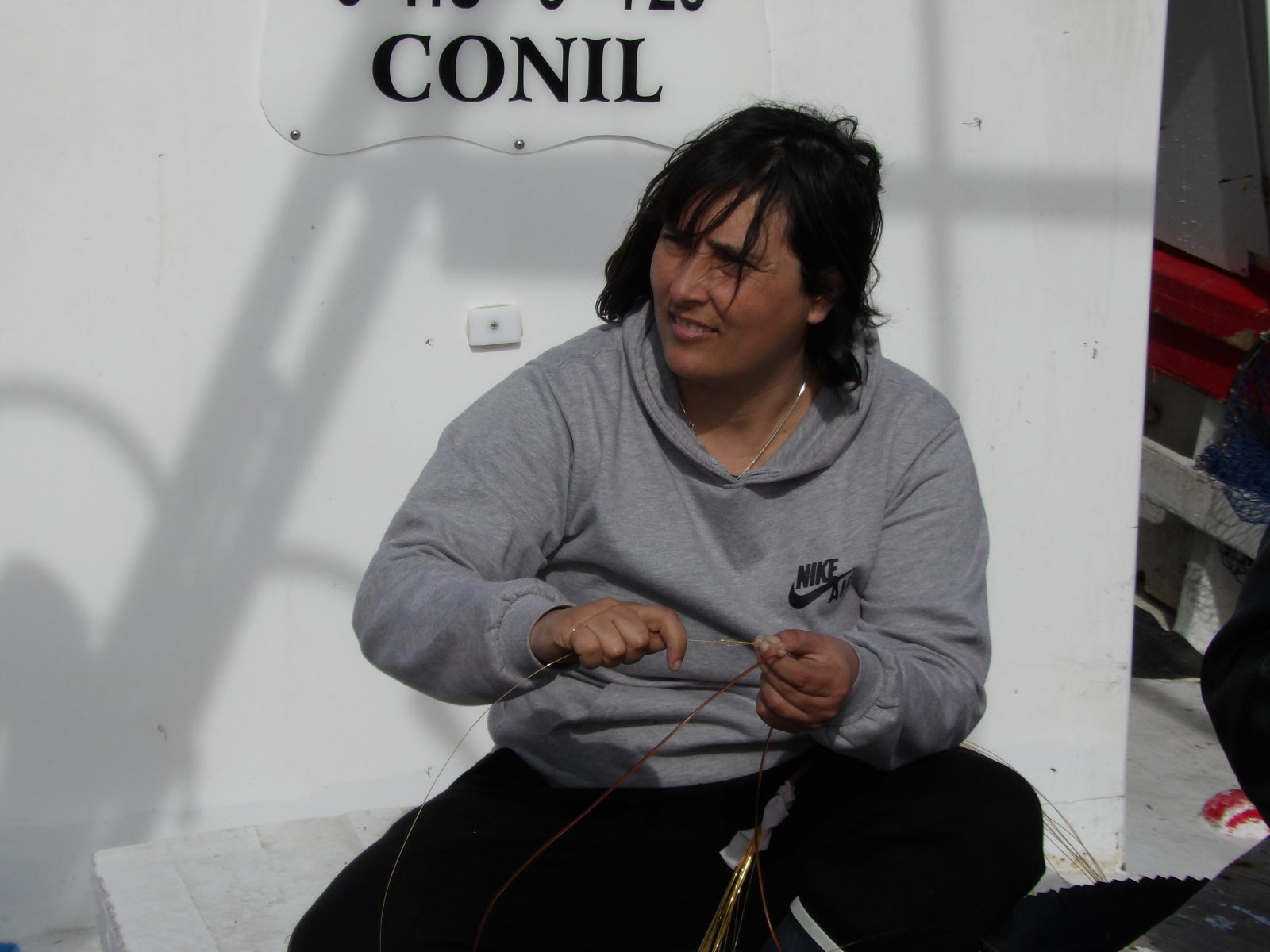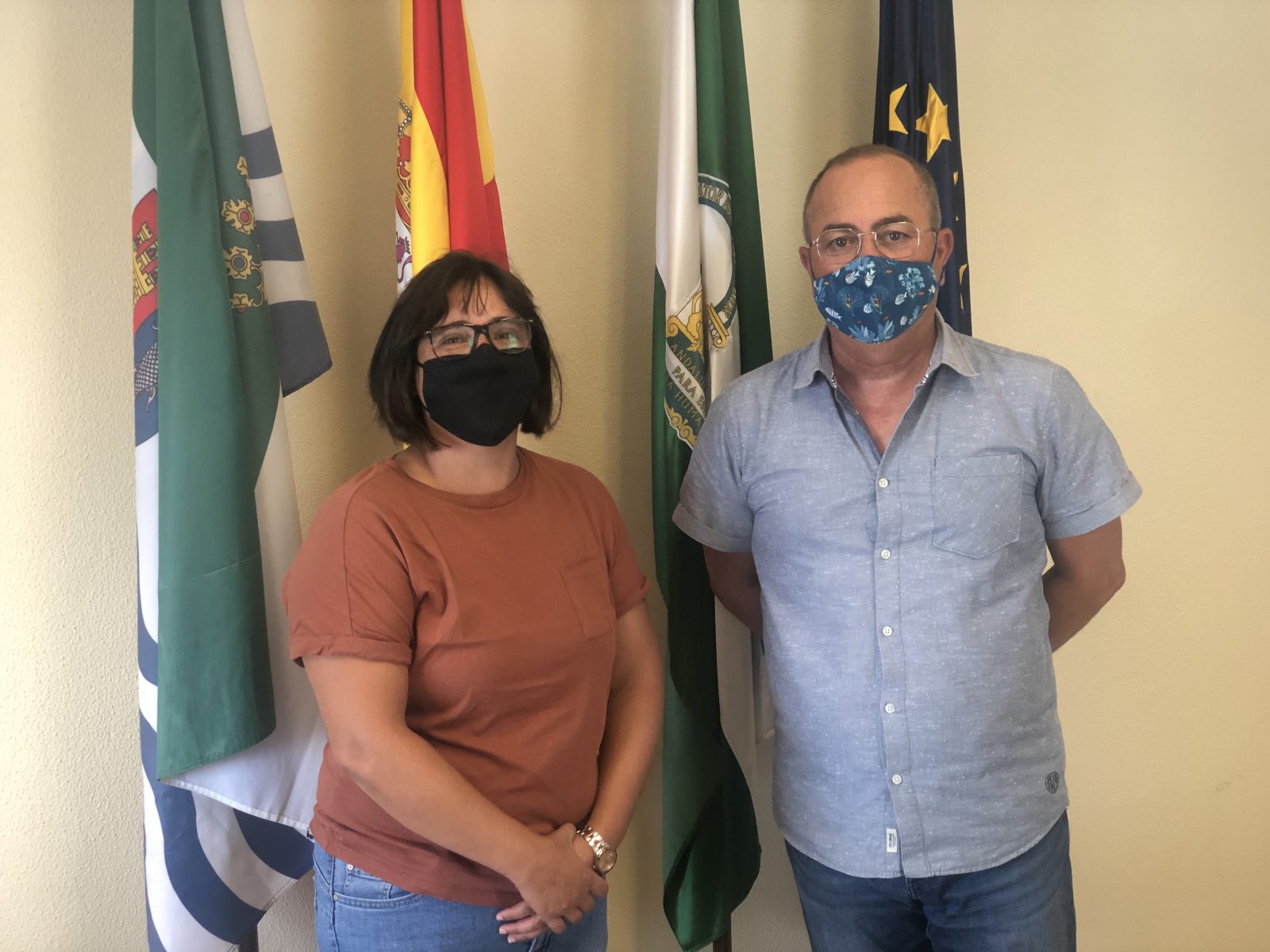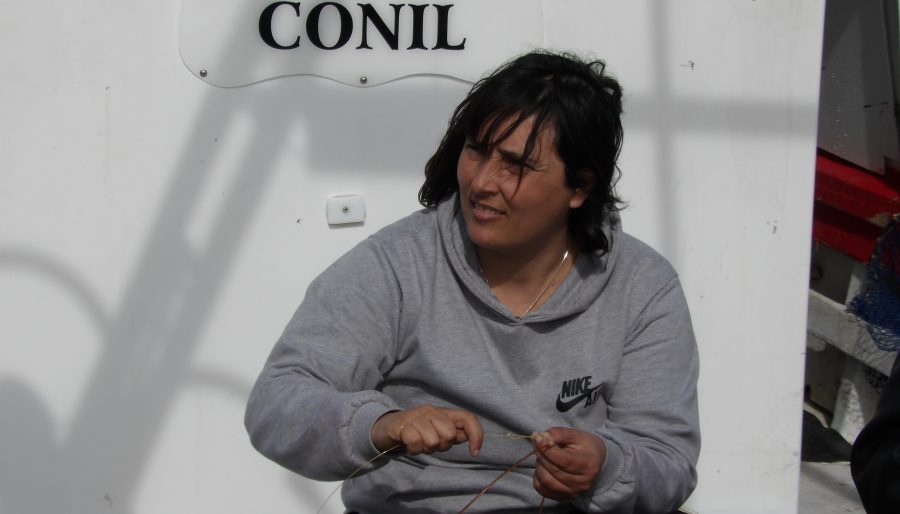How has fishing changed in your lifetime?
When I was young, my father caught much more fish than we do these days. Now, fishing is very different: we have many more tools and better technology, but there is less fish. It is a sign that we must organise ourselves better to protect our fishing grounds.
My father is an example for me. He has always been working for the Cofradía de Pescadores (Fishermen’ Association) to fight for the future of our livelihood. He still does, even now that he is retired. The association implemented several projects that made the fishery in the region more sustainable. I remember many years ago, when I was a young girl, they placed concrete obstacles in the sea to make trawling near the coast impossible and protect the fish population.


